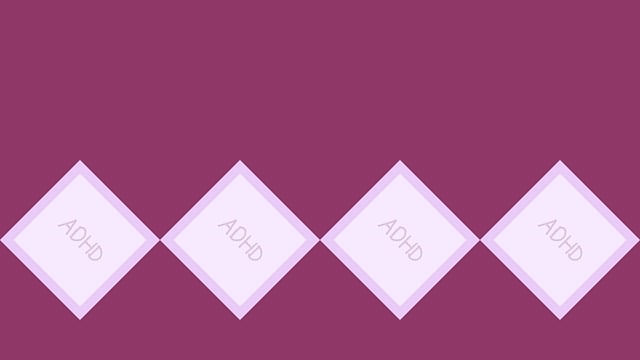When I was diagnosed with ADHD only a few years ago, I was already well into adulthood. I had completed my undergraduate degree without too many academic struggles, but as I settled into my graduate studies, I started noticing some challenges with focus. Simple tasks seemed to take much longer than they should, and at times, it felt like I couldn’t get out of my way—deadlines were constantly looming.
ADHD isn’t a disorder or a flaw—it’s simply a different way of thinking, processing, and interacting with the world. It comes with its own set of strengths and challenges, but for me, the biggest struggle was self-criticism. I had spent years labeling myself as “lazy” when I couldn’t focus or finish tasks on time. This negative self-talk took a toll on my self-esteem and how I viewed my abilities.
Unfortunately, I see this same pattern with many of my clients diagnosed with ADHD. They often describe themselves as lazy or inadequate, sometimes because of past messages they received from parents, teachers, or society at large. But here’s the good news: ADHD therapy can help. Therapy offers a safe space for clients to process their diagnosis, challenge negative self-perceptions, and develop strategies for unlocking their potential.
Through therapy, individuals with ADHD can build resilience, strengthen emotional regulation, improve focus, and learn effective tools for managing their time. ADHD isn’t something that needs to be “fixed”—it’s about learning how to navigate life with a brain that works a little differently. With the right support, people with ADHD can harness their unique strengths, improve their self-esteem, and thrive.
Advantage of ADHD Therapy:
- Improved Focus and Organization
ADHDers often have difficulty with attention and executive functioning (things like planning, prioritizing, time management, and staying organized). As a therapist, I work with clients to develop practical, tailored strategies that make daily tasks more manageable, such as:
- Time management tools
- Personalized routines
- Goal-setting techniques
- Attention regulation tools
- Emotional Regulation and Stress Management
In addition to the obvious attention issues, ADHD comes with intense emotions, impulsivity, and the potential for overstimulation. Therapy provides a safe space to explore these feelings and build emotional regulation skills. Therapy helps:
- Recognize emotional patterns
- Respond more calmly to stressors
- Reduce impulsivity
- Build tolerance for discomfort
- Stronger Self-Esteem and Identity
ADHDers have experienced years of criticism or feeling “different.” This can take a toll on self-esteem and lead to internalized shame. ADHD therapy works to rebuild a positive self-image, helping individuals understand that ADHD is not a failing—it is a neurodivergent brain style.
Through therapy, clients often:
- Reframe negative self-beliefs
- Recognize their unique talents and perspectives
- Develop a stronger, more empowered identity
- Better Communication and Relationships
ADHD can place a strain on relationships, whether romantic, familial, or professional. Therapy can help clients learn to understand the condition and therefore improve communication skills. Learning how to express needs clearly, listen actively, and navigate misunderstandings is crucial.
- Acceptance
Labels can be difficult. Once a client has been diagnosed with ADHD, they often struggle with understanding themselves. Perhaps the most important skill we focus on in ADHD therapy is acceptance – meeting yourself where you are, so that you can navigate your reality in a way without judgement.
Therapy for ADHD isn’t about fixing someone—it’s about helping them understand their brain, advocate for their needs, and discover ways to thrive. With the right support, people with ADHD can harness their creativity, energy, and out-of-the-box thinking to lead deeply fulfilling lives.
About the Author – Miranda Tilley, Psychotherapist
Miranda Tilley, MACP, RP, a Master of Arts in Counselling Psychotherapy from Yorkville University and an Honours Bachelor of Psychology from Trent University. She was diagnosed with ADHD a few years ago, and as a therapist supports children, adults, and families challenged with ADHD. If you’re looking for specific ADHD related help, please contact her today.


